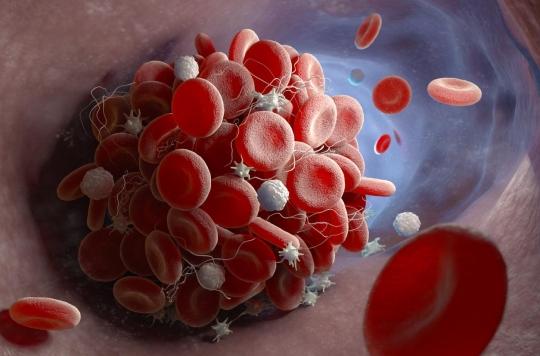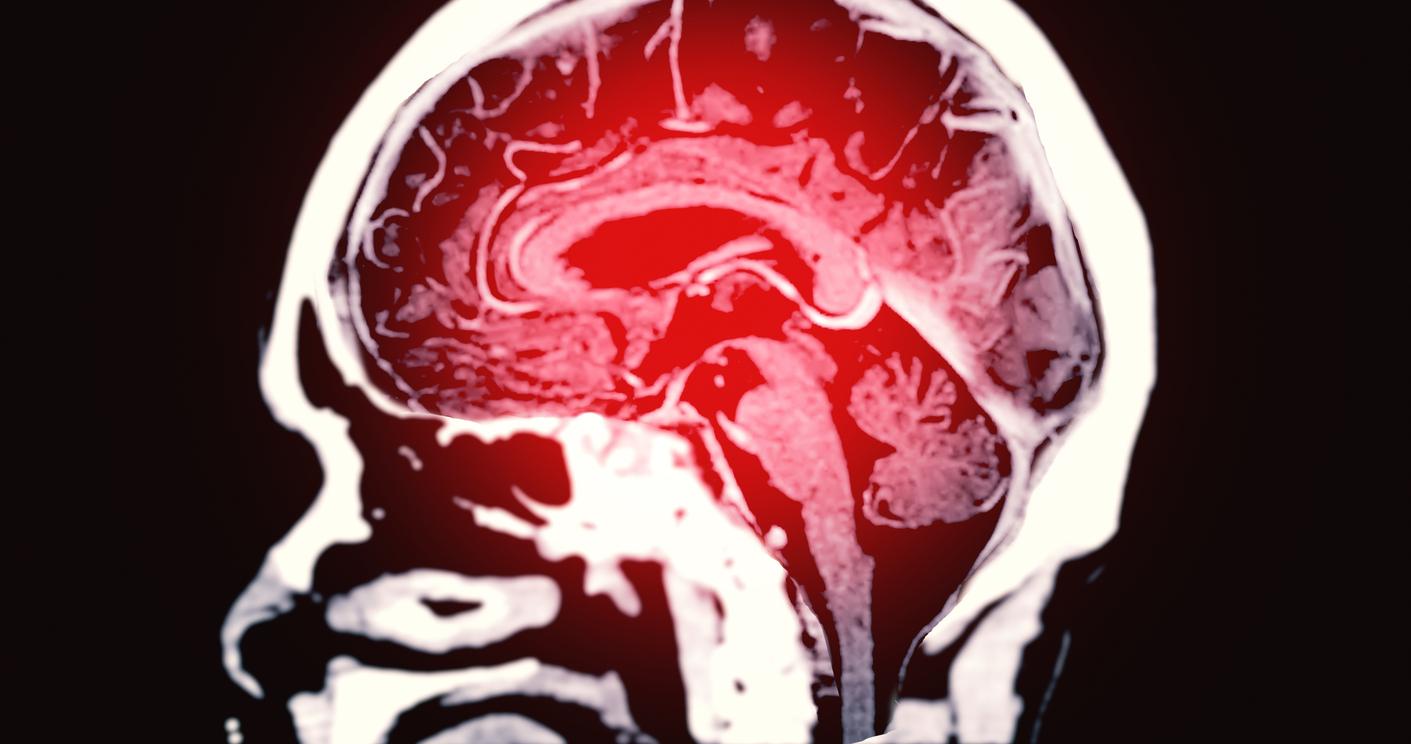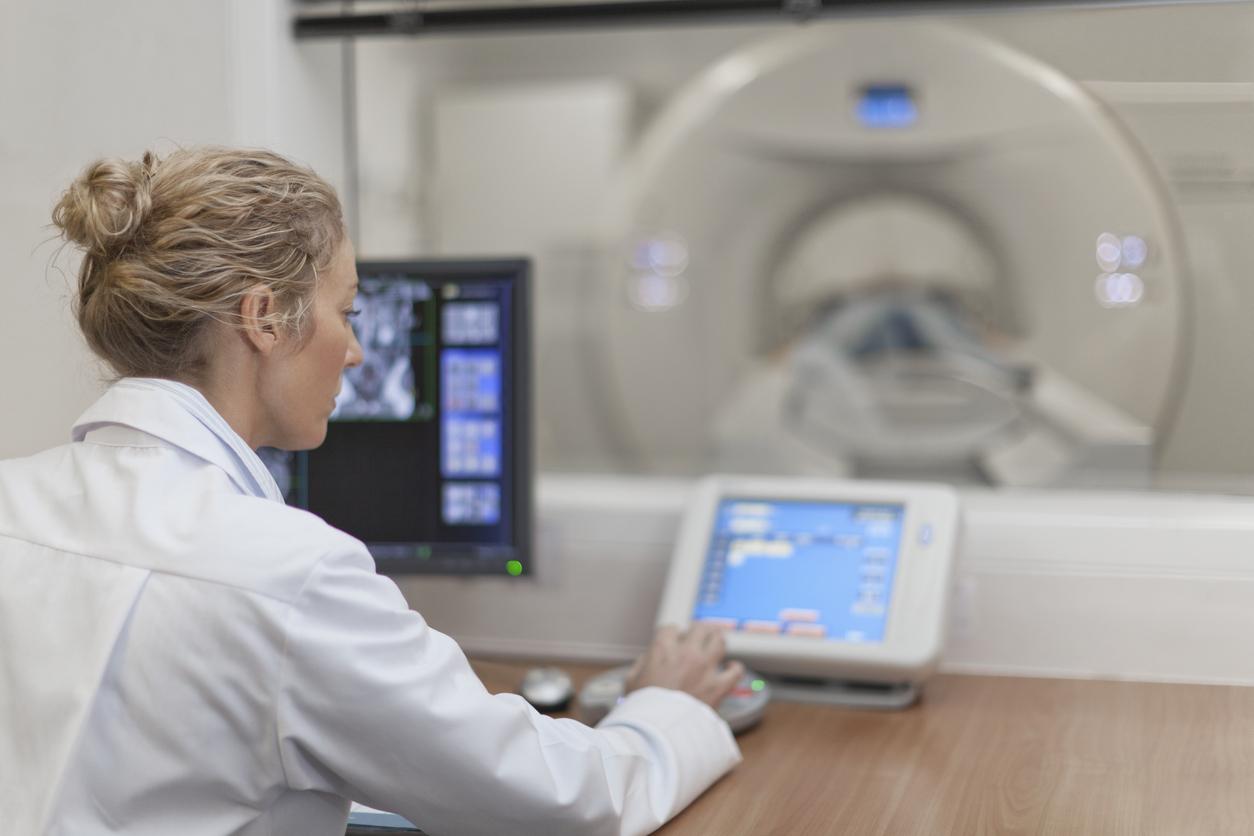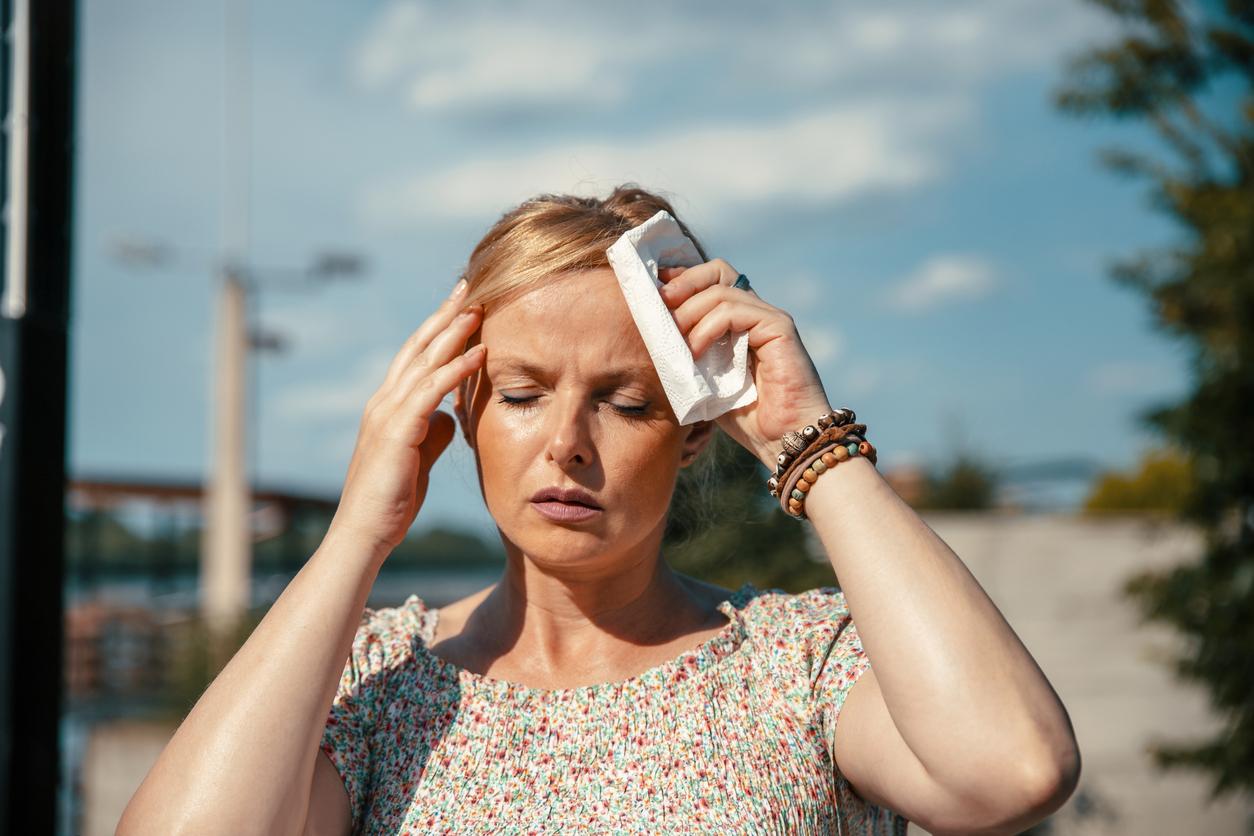Researchers have discovered that an autoantibody is at the origin of the formation of blood clots responsible for cerebrovascular accidents in patients with Covid-19.

- Research carried out on mice has shown that patients with severe forms of Covid-19 have autoimmune antibodies, which destroy white blood cells.
- This has the effect of increasing the risk of developing blood clots in the vessels and therefore of having a stroke.
Patients hospitalized for a Covid-19 infection are at high risk of venous thrombosis but, until now, researchers were unaware of the reasons. In a study published in the journal Science Translational Medicinethey explain that they discovered an autoimmune antibody in the blood that triggers the formation of clots in the arteries, veins and microscopic vessels, which restricts the exchange of oxygen and increases the risk of cerebral vascular accidents (CVA ) in Covid-19 patients.
In addition to patients infected with SARS-CoV-2, these autoantibodies are also found in patients with antiphospholipid syndrome, an autoimmune disease characterized by the recurrent formation of blood clots in the vessels. “In patients with Covid-19, we continue to observe a relentless and self-amplifying cycle of inflammation and coagulation in the body, explains Professor Yogen Kanthi, co-author of the study. We are now learning that autoantibodies may be responsible for this cycle of clotting and inflammation that is making people who were already battling these diseases even sicker.”
An antibody responsible for clotting
Rheumatologist at Michigan Medicine School, co-author Jason Knight has been studying antiphospholipid syndrome antibodies in the general population for years. “Half of the patients hospitalized with Covid-19 were positive for at least one of the autoantibodies, which was a surprise”he acknowledges.
According to the researchers, about half of patients who developed a severe form of Covid-19 had a combination of high levels of both dangerous antibodies and super-activated neutrophils, which destroy white blood cells.
To understand these effects of this combination of neutrophils and Covid-19 antibodies, the researchers used a mouse model. Results : “Antibodies from patients with active Covid-19 infection created an impressive amount of clots in the animals – some of the worst clots we have ever seen”says Professor Kanthi, who explains that he has also discovered a new new mechanism by which patients affected by the new coronavirus can develop blood clots.
Other research in progress
If the results of the study do not yet make it possible to move on to clinical practice, they nevertheless allow a better understanding of the risks of thrombosis and inflammation in patients with Covid-19. The next step in research will be whether critically ill patients with high levels of these antibodies would have better clinical outcomes if the antibodies were blocked or cleared. “We don’t yet know what drives the body to produce these antibodies, so the next step would be to conduct further research to identify antibody triggers and targets.”adds Professor Knight.
Researchers are conducting a parallel randomized clinical trial to test a well-known anticoagulant agent, dipyridamole, in patients with Covid-19 to determine if it is more effective than a placebo in reducing excess blood clots . “Dipyridamole is an old drug that is safe, inexpensive, and scalable. The FDA approved it 20 years ago to prevent clotting, but we only recently discovered its potential to block this specific type of inflammation. that happens in Covid-19.”

.

















